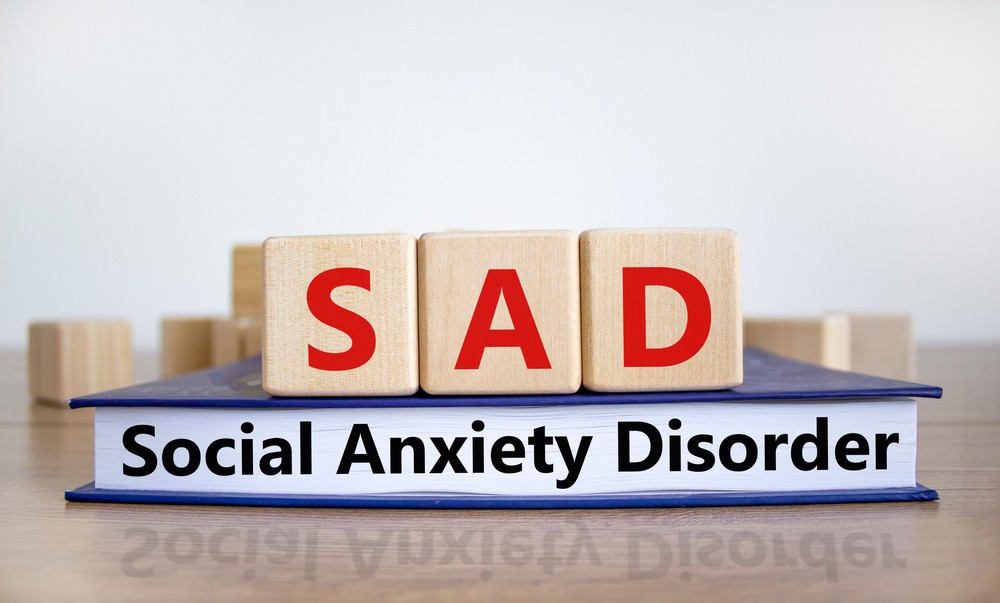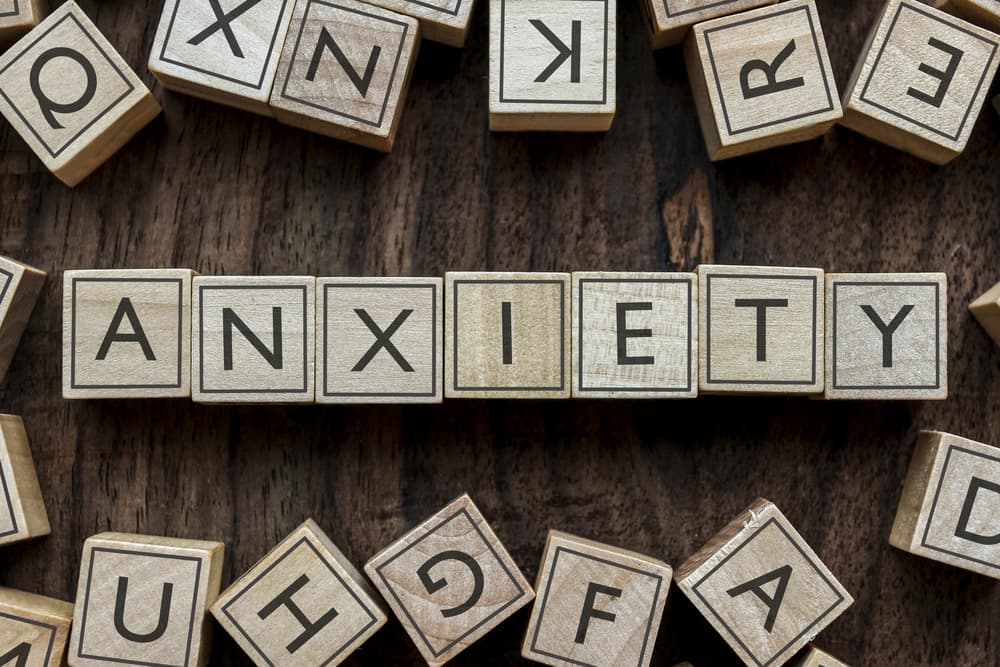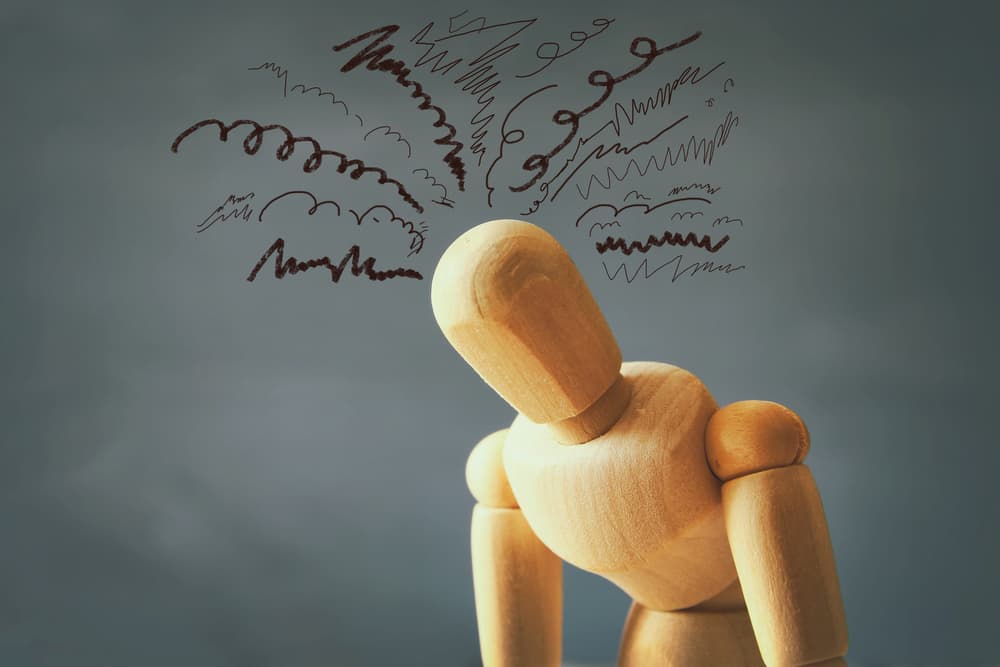Anxiety is one of the most common mental health problems in the US, especially among adults. Children and teenagers are also victims of anxiety disorders, ranging from generalized anxiety disorders to panic attacks. It is normal to feel anxious sometimes, as it is a usual reaction to uncertainty about what will happen next.
If you are looking for ways to reduce anxiety quickly, Elevate Psychiatry can offer assistance in managing anxiety at our locations in Miami in Brickell, Coconut Grove and Doral. Whether your anxiety is related to a specific situation or you live with an anxiety disorder, this article will provide tips on reducing your anxiety.
Short-Term Ways to Reduce Anxiety
Experiencing occasional anxiety is a normal part of life. However, anxiety disorders entail experiencing frequent or repeated intense and excessive fear and worry about everyday situations. Even though anxiety is considered normal, having severe or chronic anxiety might affect your relationship, school performance, work, and other daily activities.
There are several ways to calm down your anxiety immediately. Whether you experience mild or extreme anxiety, here are some steps on how to reduce anxiety immediately:
Breathe Intentionally
Breathing might sound basic, but it is one of the best remedies to manage your anxiety symptoms immediately. You can stop whatever you are doing for a moment and then breathe slowly, evenly, and deeply for several breaths.
With this strategy, change your posture by standing up or sitting up straight, pulling your shoulders back, planting your feet evenly and wide apart, then opening your chest and breathing. Breathing slowly reduces your heart rate and lowers your blood pressure reducing your anxiety immediately.
Ground with the 5-4-3-2-1 Method
Grounding is a simple technique that changes your focus and calms your thoughts when overwhelmed with anxiety. The 5-4-3-2-1 method works in the following way:
- Five: Look around and name five things that you see around you. These observed things can be objects, spots on surfaces, or animals, but remember that the key is to count down five things.
- Four: Involves naming four things you can touch.
- Three: Listen quietly and name three sounds you can hear. These can be external sounds from objects within or internal sounds like the sound of your breathing.
- Two: Observe two things that you can smell around you. It might be the perfume you are wearing or any other smell.
- One: Involves paying attention to one thing you can taste inside your mouth.
It is important to note that the 5-4-3-2-1 method works best when you pair it with deep, slow breathing.
Take a Cold Shower
Anxiety takes a toll on your mental and physical health since it makes your body tense making it hard to relax. A cold shower is a great solution, as it relaxes your muscle and slows your heart rate, calming your body and mind and reducing anxiety.
Give Your Feelings Space
Since anxiety is considered normal and part of life, you can consider putting it on your schedule. During this time, give your feelings space by allowing your brain to let through all your anxious thoughts to think about them. Scheduling a time to be anxious helps you control your anxiety and reduce it if it arises.
Exercise
Adrenaline buildup can cause anxiety. When experiencing anxiety, performing the simplest exercises, such as jogging, running, walking, or stretching, uses extra adrenaline. Performing physical activities at high speed when feeling anxious helps you shift your focus from the anxious thoughts reducing anxiety.
Walking outside in the fresh air creates a diversion from worries and releases muscle tension, managing your anxiety and improving your general well-being.
Distract Yourself
If you have tried other ways of reducing anxiety and nothing is working, distract yourself by redirecting your focus and attention away from anxious thoughts or emotions. For example, you can distract yourself by watching a television show or movie, writing, painting, reading, or listening to calming music. It is important to note that distractions might vary from person to person. Focus on finding something you enjoy doing, making you feel better, and helping you to immediately reduce your anxiety.
There is no quick fix for anxiety, but gaining more knowledge on what triggers your symptoms and getting help from a doctor can help you counter anxiety immediately.
How to Reduce Long-Term Anxiety
More than 40 million people in the US, including adults and children, suffer from anxiety, making it the most common mental health problem in the US. Everyone suffers from anxiety from time to time, as it is a normal response to worry or fear. However, anxiety can be more than an occasional worry for people with anxiety disorder; thus, you need to seek help. Chronic or severe anxiety adversely affects your life, as it affects your daily activities, work, school performance, relationships, and responsibilities.
Are you suffering and want help on how to reduce long-term anxiety? Elevate Psychiatry in Miami, FL has doctors and mental health professionals who work with you to diagnose and treat anxiety, helping you regain control of your life. We also offer unique treatment options such as medication, therapy, and lifestyle change depending on your symptoms, needs, and goals. The article highlights intuitive details on how to reduce long-term anxiety immediately.
Long-Term Ways to Reduce Anxiety
If you are struggling with anxiety, know that you are not alone, as millions of people struggle daily and are looking for ways to find relief. Learning how to reduce long-term anxiety immediately is a long-term process and not something you can complete overnight.
Are you suffering from long-term anxiety that you need relief from; the following are some methods you can use to calm down and get through your anxiety attack.
Work with a Therapist
Seeing a therapist is a good idea if you experience regular or frequent anxiety. Therapy involves talking to a mental health professional. It is an essential part of life, especially when you have jobs, school, or family and relationship situations that might bring you chronic stress, increasing your anxiety. Seeking therapy from a good therapist might help you think through your therapeutic approaches options, improve your communication, promote brain flexibility, and regulate your anxious emotions.
The psychotherapy you select entirely depends on what you intend to achieve. When considering therapy, consult several therapists to explore chemistry and rapport to achieve the most out of your therapy session and reduce your anxiety immediately.
Identify Anxiety Triggers
The best way to identify your anxiety triggers is to write down what you feel when anxious and what causes the uneasy feeling. Expressing your anxiety by writing can reduce it immediately as you will identify the triggers outside your control and focus on those within your control. In addition, identifying your anxiety triggers helps you plan how to handle your fears and worries, enabling you to control your anxiety.
Prioritize Sleep
Lack of enough sleep increases your anxiety, depression, and general distress increasing the likelihood of accidents when performing tasks. How much you sleep highly determines how well you can handle anxiety and depression. Little sleep is a chronic stressor that impairs brain function, produces an imbalance in hormone levels, and increases anxiety levels.
High-quality sleep is essential for your general well-being, especially when suffering from anxiety. For this, prioritize sleep and practice good sleep hygiene by going to sleep and waking up routinely, including on the weekends. Creating a routine before bed is also important as it helps you fall asleep fast, minimizing the chances of staying awake and worrying about unfinished tasks or the future.
Get Regular Exercise
Exercise is a good remedy and calms anxiety by decreasing the stress hormones within the body and making you focus on exercising. A simple 20- minutes daily walk, run, or stretch is needed to see change over time. Regular exercises are great for your general well-being when anxious, as they provide your brain with bilateral stimulation allowing your mind and body to relax.
However, regular exercise alone is less effective than standard anxiety treatments such as therapy. Therefore, combining exercises with other treatment options is important for optimal effectiveness in improving your anxiety. Explore various activities you like and create a schedule to do them regularly.
Feeling anxious is normal, but the above tips and techniques can help you counter long-term anxiety and promote calmness. Also, see a specialist when you experience severe or persistent anxiety to get help controlling anxiety.
Do You Need Help Managing Anxiety?
Are you looking for an anxiety disorder psychiatrist in Miami, FL? At Elevate Psychiatry, we diagnose and treat anxiety in children and adults, freeing them from anxiety symptoms and helping them return to their enjoyable way of life. Contact us to schedule an appointment for your anxiety treatment or seek our telepsychiatry services.
Image Source: Tero Vesalainen / Shutterstock












